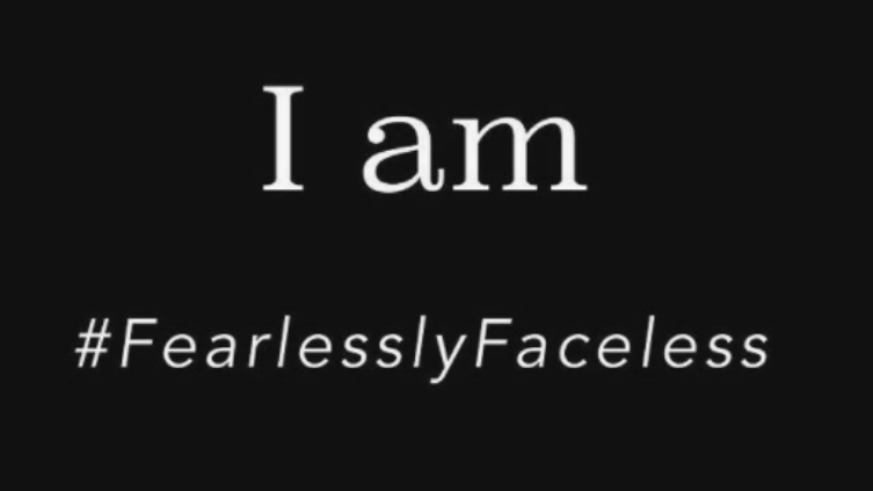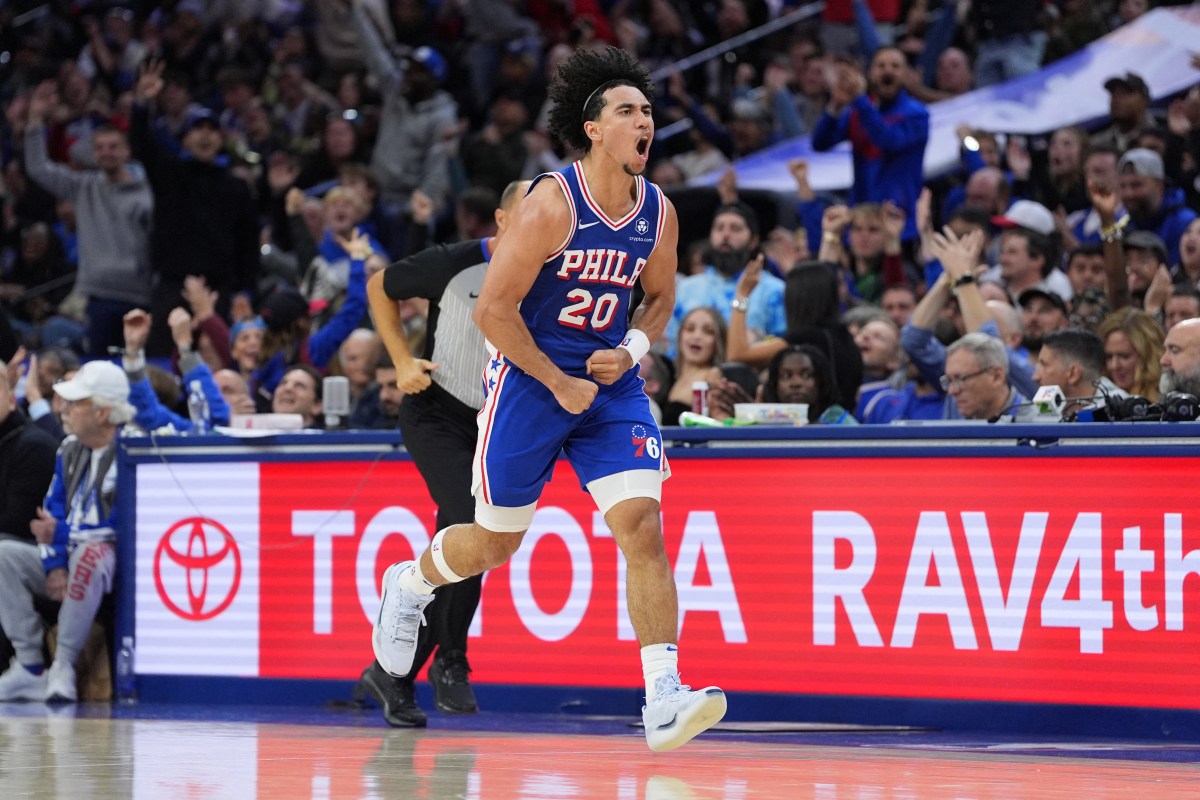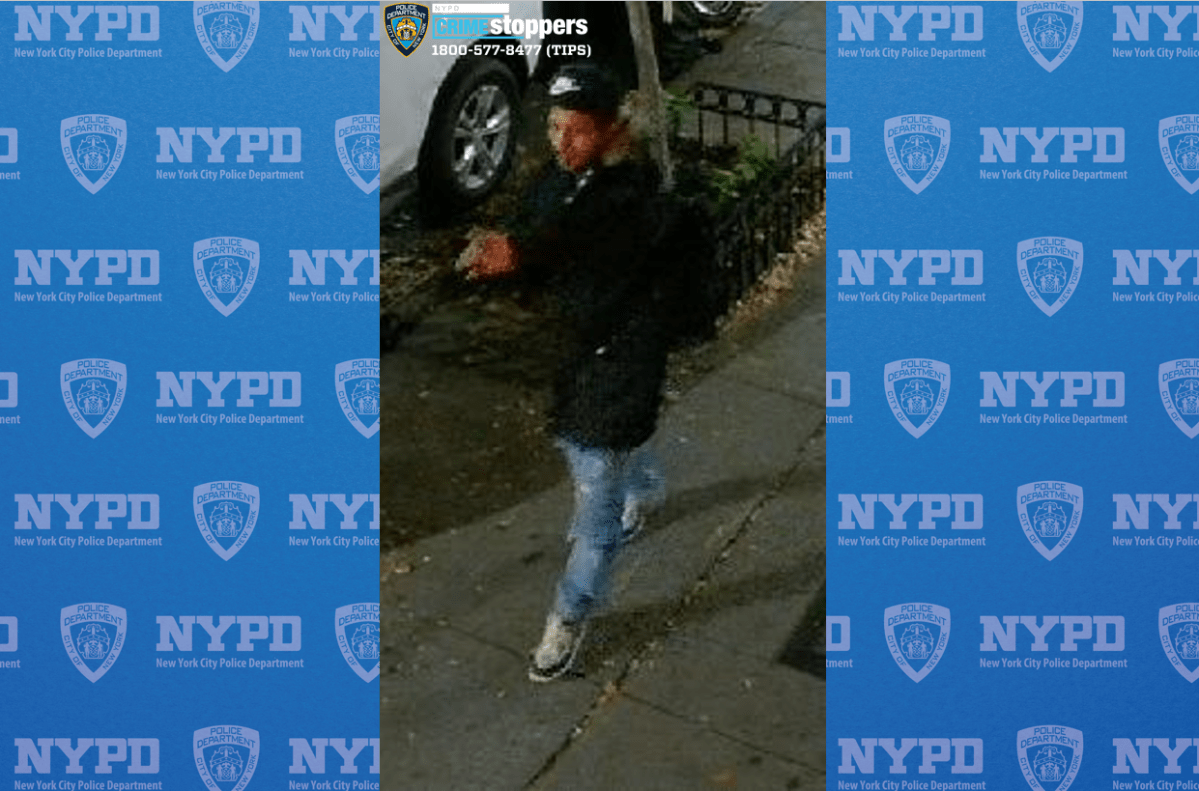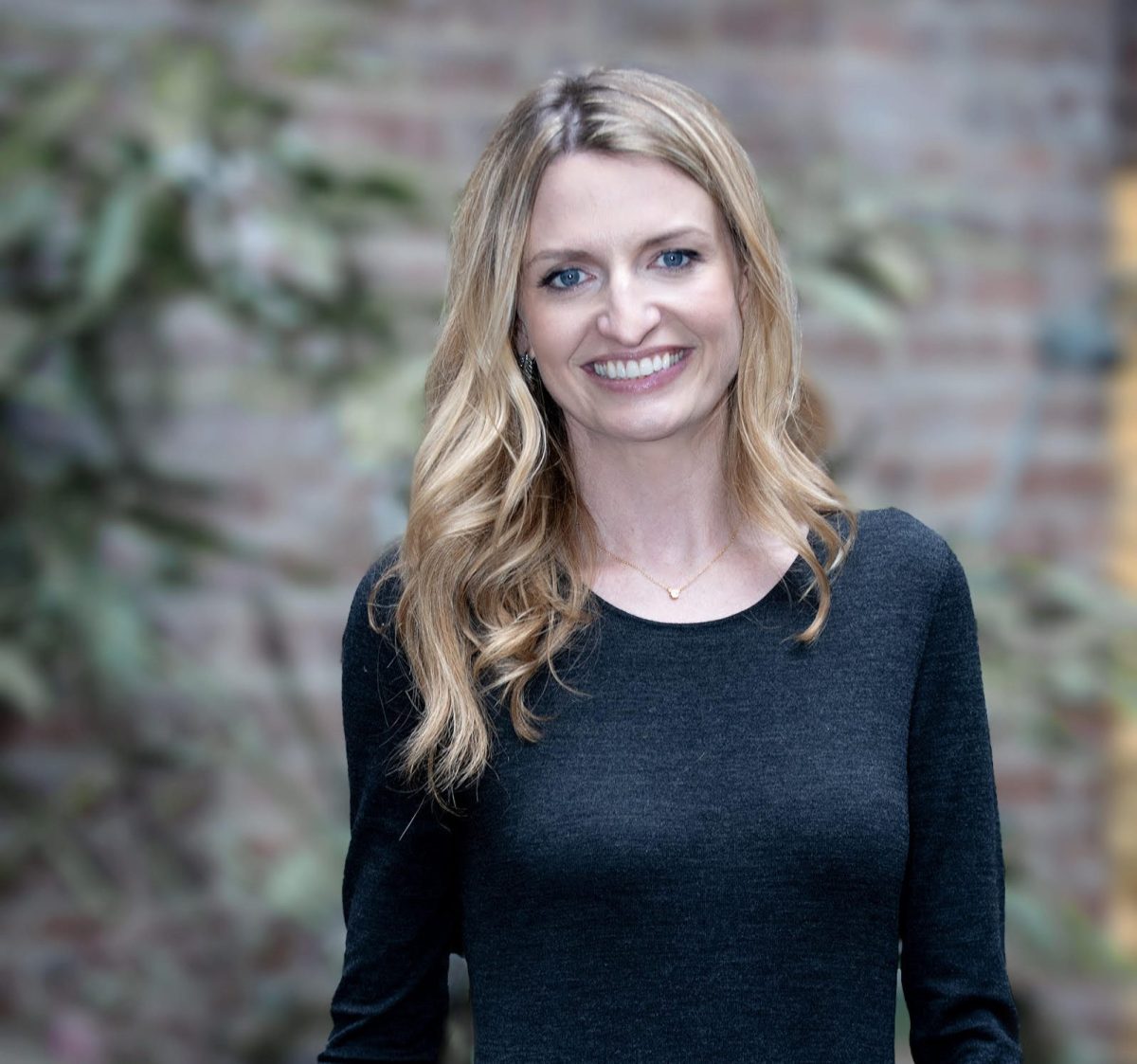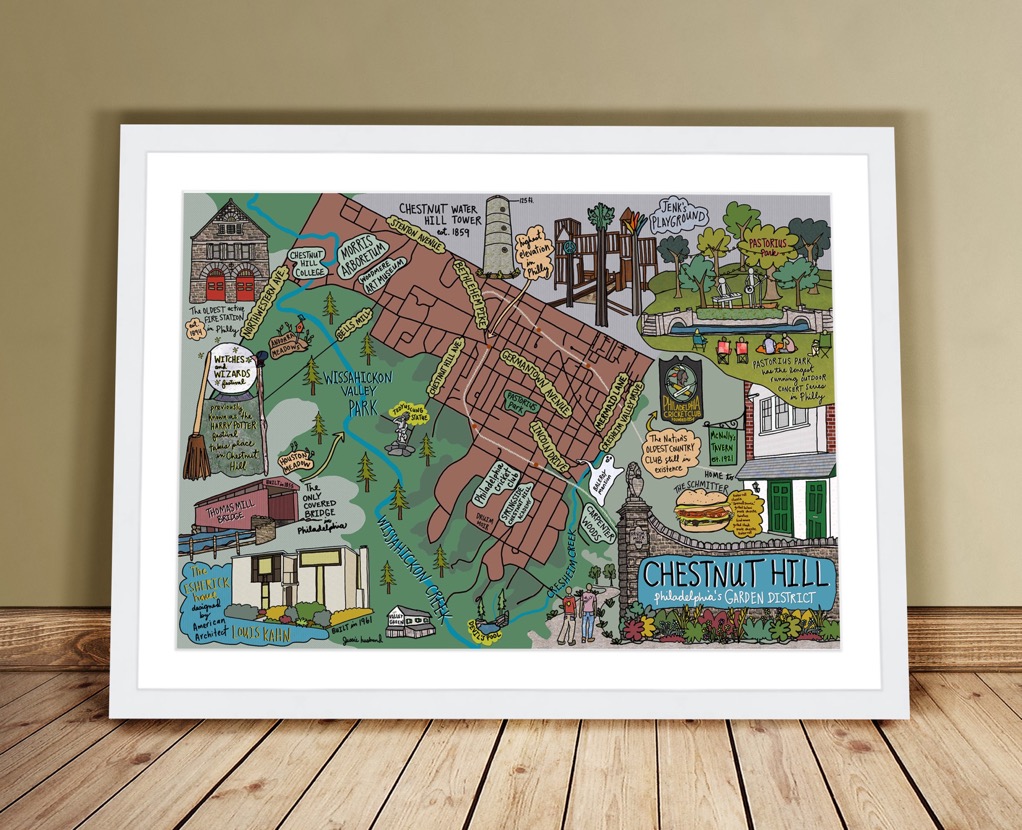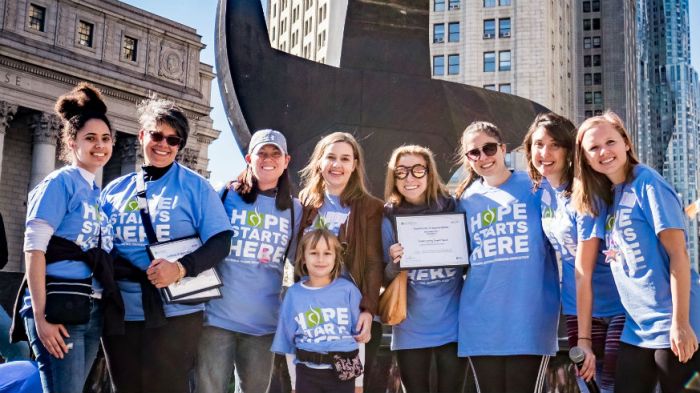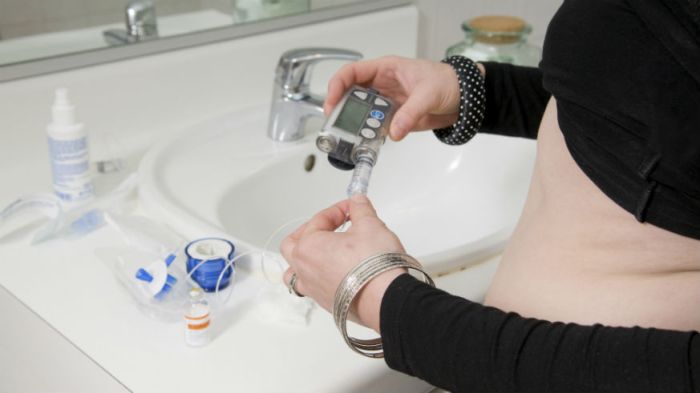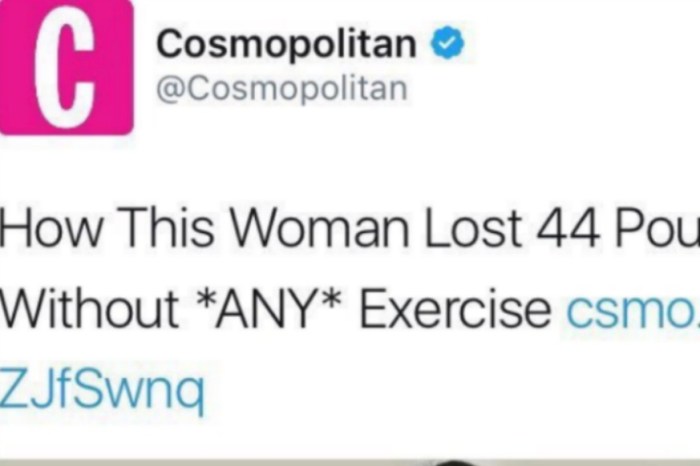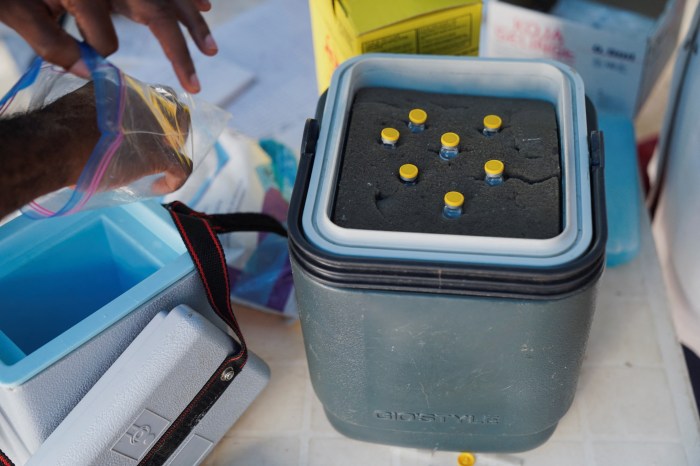It’s easy to tell when someone has a cold: They look miserable, with a runny nose, cough and maybe even a hoarse voice from a sore throat. We can physically see they’re not feeling well, but not all illnesses are as easy to see.
This is especially true when it comes to eating disorders. People living with these illnesses are often portrayed in extremes — like a skeletal woman with anorexia, or an obese binge eater. However, a new social media campaign championed by two young women shows that there is no one-size-fits-all look when it comes to eating disorders.
“Up until recent years, little to no light has been shed on the topic of eating disorders. With the increase of awareness has also come a very limited understanding of what it means to have an ED,” Lexie Manion and Dani Appel wrote in a #FearlesslyFaceless post on Instagram.
“There are many types of eating disorders, some being anorexia, bulimia, binge eating disorder, EDNOS [Eating disorder not otherwise specified], etc. Each of these disorders affect each individual differently. And one look at the recovery community, and us sufferers see that we are not all the same race, religion, weight, height, age, gender, sexual orientation, etc.,” they continued.
The pair want to use the #FearlesslyFaceless campaign to show the diversity of those who suffer from eating disorders, but without actually showing their faces. “It’s impossible to assign a ‘face’ to an illness that has many, many subcategories of diagnosis,” they added.
Both Manion and Appel experience the effects of the ideas that eating disorder have a certain look: Manion went through her own treatment for bulimia thinking she didn’t “deserve” treatment because others “looked sicker,” she told Cosmopolitan.
Dozens of people with eating disorders have shared their own stories in the week since the duo started the campaign.
“I have an eating disorder and I am on the high end of what doctors consider a ‘healthy weight,’” one young woman wrote. “I have an eating disorder and eat lots of ‘junk food.’”
“You wouldn’t think I have a restrictive eating disorder because I’m fat,” added another woman, Lauren. “In fact, when I was diagnosed four years ago, I was diagnosed as EDNOS because my bmi was overweight so I couldn’t fit the diagnosis for anorexia.”
#FearlesslyFaceless is eye-opening for people who don’t suffer from eating disorders, but shows those that do live with these conditions aren’t alone — and they are strong.
“We are fearless,” Manion and Appel wrote.

